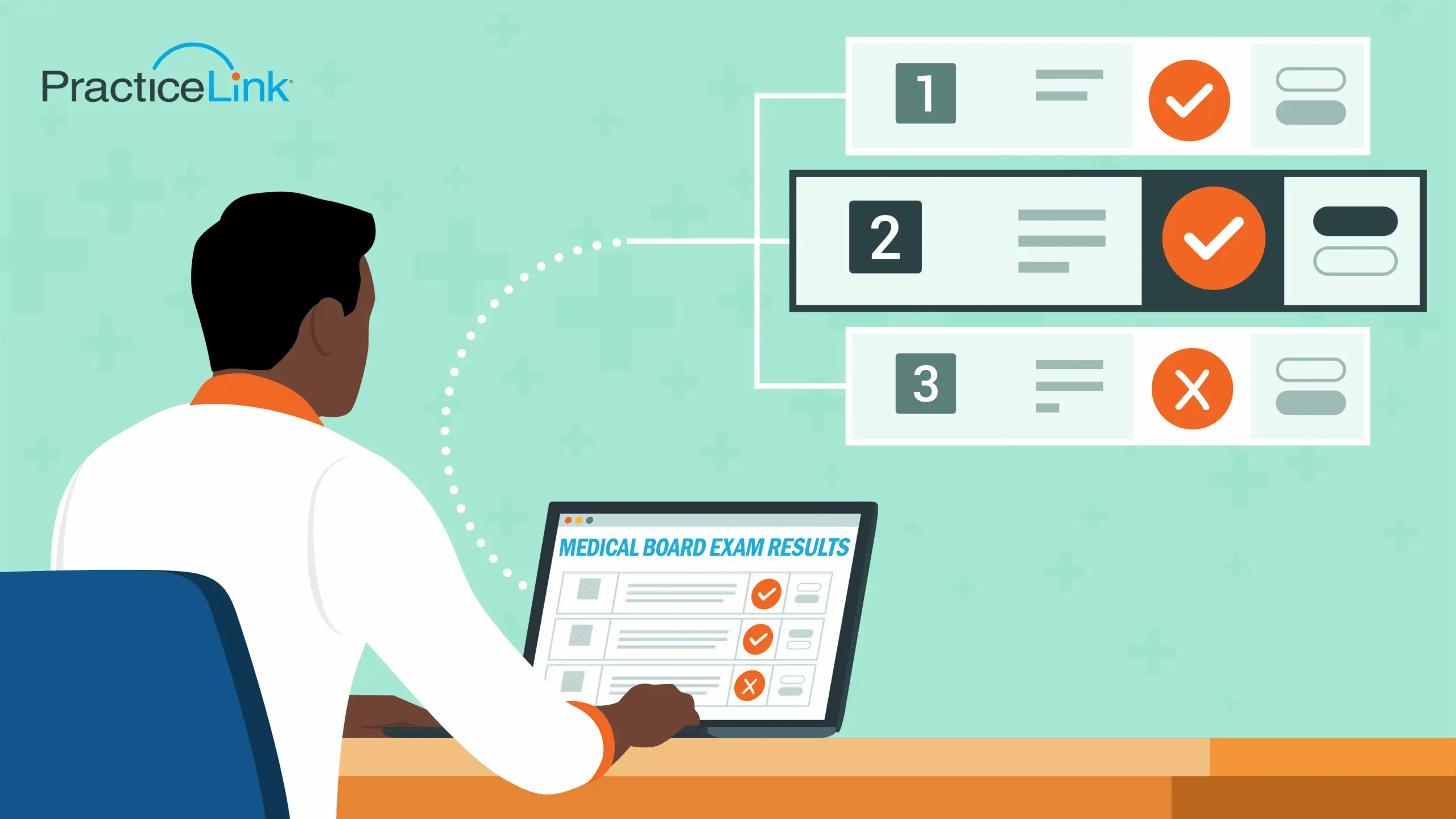What percentage of doctors pass their board?
By Stephen Leggitt November 18, 2025

What percentage of doctors pass their board?
Preparing for medical boards is a significant milestone in a physician’s career. With the high stakes involved, many candidates are eager to understand what percentage of doctors pass their board exams and what factors influence these outcomes. As part of a comprehensive medical board prep strategy, knowing the typical board pass rate by specialty can help set realistic expectations and guide study efforts.
What percentage of doctors pass their board?
Board exams like those administered by ABIM assess physicians’ knowledge and clinical skills to ensure they meet rigorous standards of patient care. The ABIM passing score percentage typically reflects the minimum standard required to demonstrate competency. On average, the pass rates for ABIM exams hover around 85% to 95%, depending on the specific exam and candidate pool.
These numbers underscore that while the exams are challenging, most candidates do pass on their first attempt. However, pass rates can vary widely by specialty and individual preparedness. For example, initial certification exams tend to have higher pass rates compared to maintenance of certification (MOC) exams, which can be more rigorous.
What percentage of medical students fail?
Though medical trainees do not take board certification exams until residency completion, understanding failure rates at various stages is helpful. The ABIM pass score is designed to ensure only candidates with sufficient medical knowledge and clinical judgment succeed.
Failure rates vary, but generally, about 10% to 15% of first-time test takers do not pass the ABIM certification exam. Factors influencing this include study habits, clinical experience and familiarity with exam formats. The ABIM pass score represents the threshold candidates must meet to demonstrate adequate mastery of internal medicine.
What is the failure rate for ABIM?
The failure rate for ABIM exams is closely tied to the minimum passing standard and candidate preparation. While roughly 85% to 90% of candidates pass the exam, 10% to 15% do not often face the need for remediation or retesting.
Determining what is a good ABIM score can be subjective but generally means scoring comfortably above the passing threshold—usually near or above the 75 percentile for your cohort. A strong score not only ensures certification but also reflects comprehensive knowledge and clinical aptitude.
Candidates who score well above the minimum passing score typically exhibit solid preparation strategies, consistent study routines and effective use of review resources such as question banks and practice exams.
What is the ABIM 7 year rule?
The ABIM 7 year rule is an important regulation impacting board certification. It requires diplomates to successfully complete the certification exam within seven years of completing residency training to maintain eligibility for initial certification.
For those aiming to recertify or maintain their certification through Maintenance of Certification (MOC), understanding the timeline and requirements is crucial. The ABIM also provides an ABIM score percentile calculator, a tool that helps candidates interpret their exam results relative to peers and assess their performance percentile. This insight aids in identifying areas of strength and opportunities for improvement in future exams.
Understanding what percentage of doctors pass their board provides valuable context for anyone preparing for board exams. While the path to certification demands dedication and focus, most physicians successfully pass their exams with the right preparation.
For more information on preparing for your medical boards, visit the PracticeLink Resource Center.

